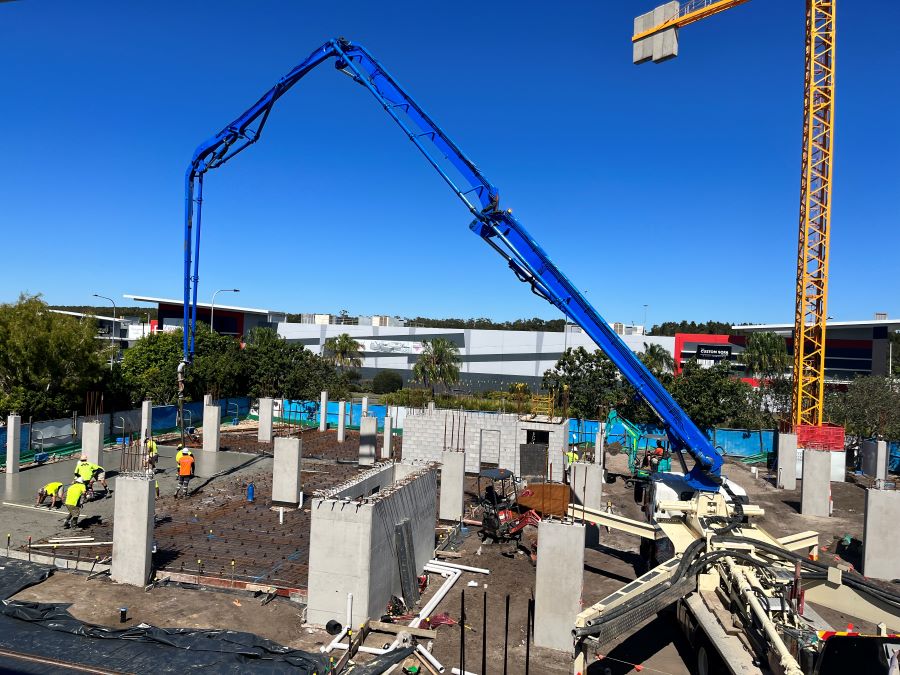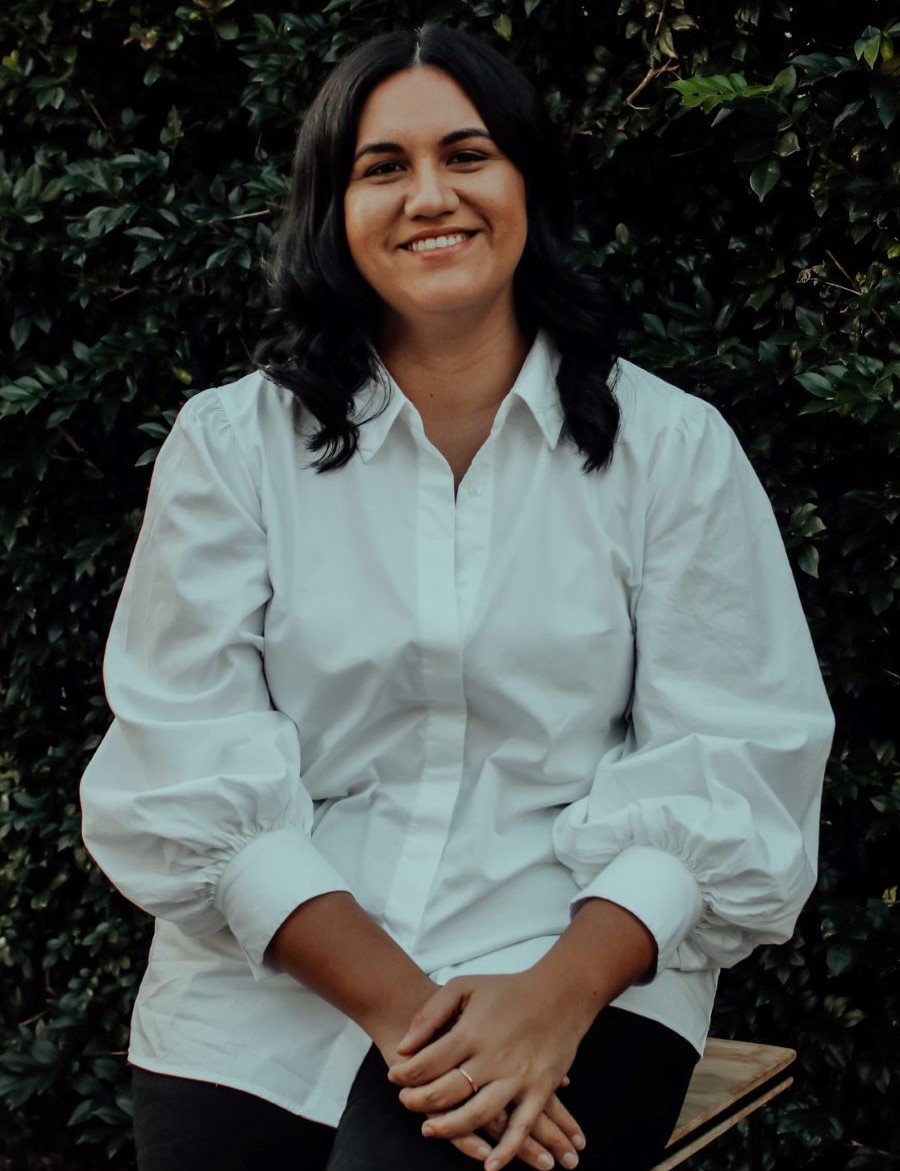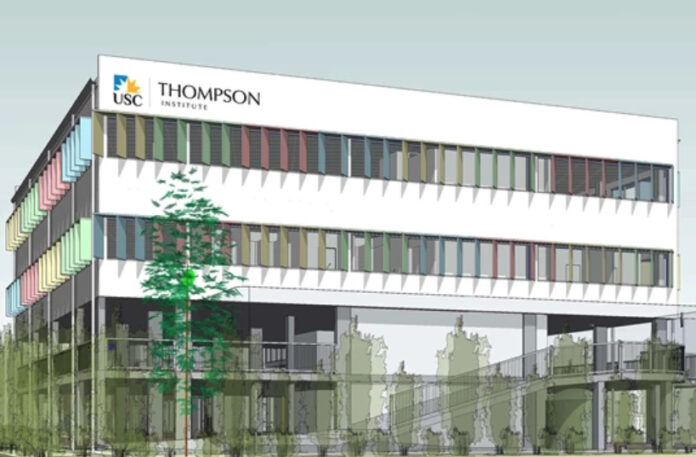Australia’s first multimillion-dollar centre for trauma-related mental health is emerging on the Sunshine Coast.
Construction has started on the new centre, which is set to be a hub of clinical and technical expertise in treatment for trauma-related mental health conditions.
The world-class National PTSD Research Centre at UniSC’s Thompson Institute will provide vital services to the community, offering ground-breaking research into post-traumatic stress disorder and important clinical support for people living with PTSD.
The team has plans to double its floor space, allowing for a PTSD brain bank, new laboratories, genomics facility and additional clinical services – allowing fast translation of research findings into treatment options for the community.
The cost to build the centre is $17.5 million, funded by the Federal Government, philanthropy and the University of the Sunshine Coast.

PTSD is a chronic and debilitating condition about 1.4 million Australians are living with.
The condition is caused by neurobiological and psychological changes following an extreme traumatic event or series of traumatic events.
PTSD can impact every aspect of a person’s life, including their employment, relationships, social connections and wellbeing.
Thompson Institute general manager Elise Jione said current treatments were not effective beyond six months for 70 per cent of patients.

“TGA-approved interventions tend to treat comorbidities of PTSD, such as anxiety and depression, but not the root cause of the disorder,” Ms Jione said.
“Neuroscientific research, to analyse brain chemistry and structure, is crucial to solving this puzzle and the National PTSD Research Centre will be focused on delivering that.
“The impacts of PTSD are not only felt by those living with the condition, it’s also hard on loved ones.”
Ms Jione said the community relied heavily on professions with a higher prevalence of PTSD – front-line responders such as ambulance officers, paramedics, firefighters, police and military personnel.
“We know PTSD can develop in anyone who has been exposed to an event that threatens a person’s life or safety, including domestic violence, sexual abuse, assault, vehicular accidents or disasters,” she said.
More than 12,000 veterans call the Sunshine Coast home – a higher percentage of the population than the Australian and Queensland average.
“We know support for PTSD patients is needed locally, but our research here on the Sunshine Coast aims to find answers for all Australians living with PTSD,” Ms Jione said.
“Up to 8 per cent of people in the general community who experienced a traumatic event will develop PTSD, but for first responders and those in the military, that rate doubles.”

She said the team expected to finish the PTSD research centre’s construction and fit-out in late 2023 or early 2024, weather conditions pending.
“We very much look forward to having this new space to conduct much-needed research into the causes of PTSD and effective, novel treatments,” she said.
“Our current mental health research, clinical services and educational programs are continuing while the centre is being constructed. Our research into PTSD treatments has already commenced.
“I feel very privileged to be part of a project that will positively impact the lives of many. I’m proud that we have a facility leading the way for research, that is right here on the Sunshine Coast.”
The Thompson Institute uses the latest neuroscience to research and deliver community programs and treatment options for Australia’s most pressing mental health issues, including ageing and dementia, suicide prevention and youth mental health.
UniSC is continuing to work with generous donors who are supporting enhancements to the new centre and its future operations.
People living with PTSD can take part in two clinical trials investigating novel, promising treatments for PTSD. For more information visit Thompson Institute.
SUBSCRIBE here now for our FREE news feed, direct to your inbox daily.





